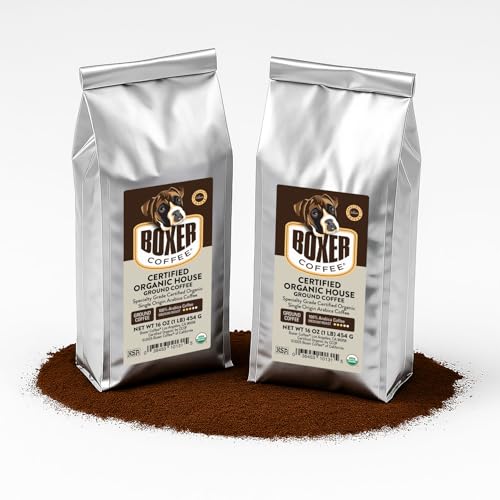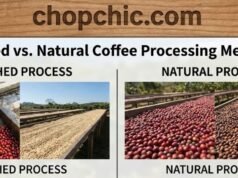When choosing coffee beans, one of the first distinctions you’ll encounter is single-origin vs. blend. Both options are great, but understanding the difference helps you pick the right beans for your brewing method and personal taste.
What Is Single-Origin Coffee?
Single-origin beans come from one specific place either a single farm, cooperative, or region. They’re prized for their distinct and bold flavors that reflect the unique characteristics of their origin, also known as the terroir.
Flavor Profile: Distinct, typically bold, and representative of the terroir
Traceability: High, ideal for those interested in knowing where their coffee comes from
Best For: Hand-brewing methods like pour-over or Chemex, where subtle nuances can shine
What Are Coffee Blends?
Blends combine beans from multiple origins to create a balanced and consistent flavor profile. Roasters often design blends to achieve harmony between sweetness, acidity, and body, making them reliable and versatile choices.
Flavor Profile: Balanced, approachable, and often designed for espresso
Stability: Less affected by seasonal flavor variations
Best For: Espresso, automatic drip brewers, and milk-based drinks like lattes or cappuccinos
Which Should You Choose?
If you enjoy experimenting with unique and changing flavors, go for single-origin coffee. It offers complexity and clarity, especially for black coffee or manual brewing. If you prefer a smoother, well-rounded cup particularly in milk-based drinks blends are the way to go.
Ultimately, both are excellent options; it all depends on your taste preferences and brewing setup.
read more: Are Blended Coffee Beans Better Than Single-Origin?
Home Barista Tip
When you’re new to espresso tasting, start with a well-crafted blend to keep variables low. Once you’re ready to explore specific tasting notes, begin experimenting with single-origin coffees region by region.
Recommended Gear
If you’d like to explore further, check out these focused guides:
- Top Single-Origin Coffees for Pour-Over Enthusiasts
- Best Coffee Blends for Rich, Creamy Lattes
These guides are perfect for helping you discover new beans while making informed, taste-driven choices.














[…] is in contrast to coffee blends, which combine beans from different places to create a balanced, consistent flavor […]